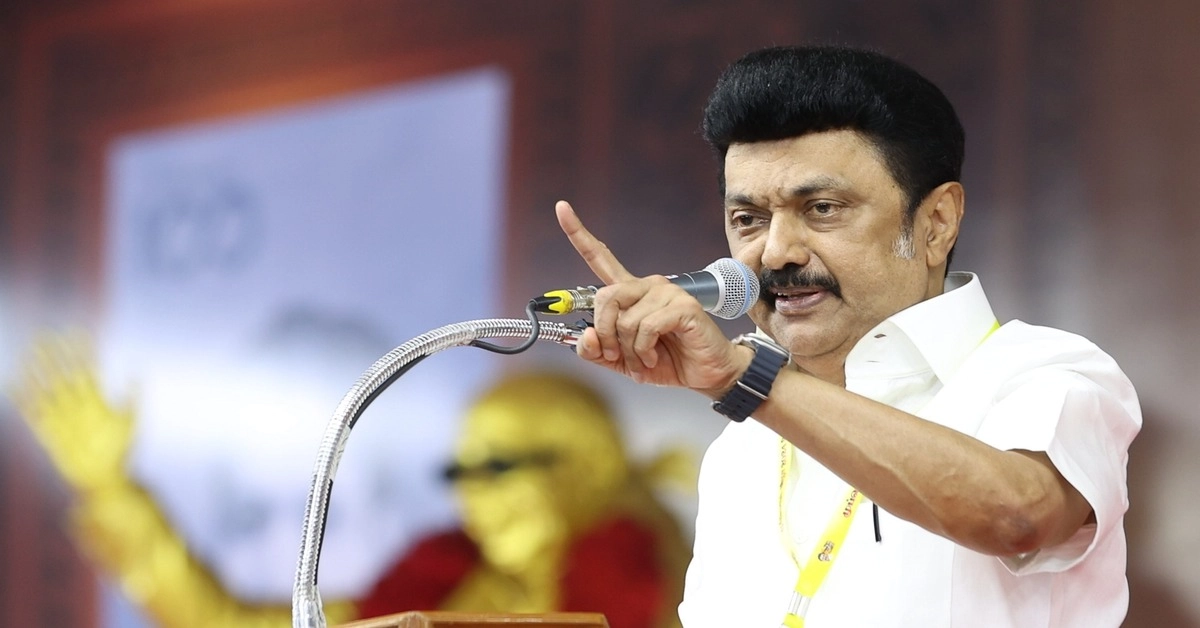Chennai: The Government of Tamil Nadu has resolved to renew its legal challenge against the National Eligibility cum Entrance Test (NEET) in the Supreme Court. Chief Minister M.K. Stalin chaired a meeting with legislature party leaders to deliberate an action plan aimed at securing a permanent exemption for the state from the centralized medical entrance examination.
During the meeting, Deputy Chief Minister Udhayanidhi Stalin moved a resolution calling for continued legal efforts, including filing a fresh petition in the Supreme Court. The meeting unanimously adopted the resolution, which mandates the government to persist in its legal battle to exempt Tamil Nadu from NEET.
The resolution emphasized the need to act following the recent refusal by the President of India to grant assent to the Tamil Nadu Assembly’s anti-NEET Bill. It further stated that the government, in consultation with legal experts, would explore all judicial avenues, including contesting the Union Government’s denial of approval.
In addition to potentially filing a new case, the state government also plans to pursue the petition it filed in July 2023 in the Supreme Court opposing the NEET framework. All participating political parties expressed their support for the resolution and endorsed the government’s continued legal pursuit.
Read Also: Clash between NCERT and State Boards
Background on NEET in Tamil Nadu
NEET, introduced as a centralized examination for undergraduate and postgraduate medical admissions across India, has faced consistent opposition in Tamil Nadu. Since its implementation, the state has reported several cases of student suicides, particularly among underprivileged students from rural areas who struggled to access adequate preparatory resources.
Before NEET became mandatory, Tamil Nadu conducted its own Common Entrance Test (CET) to fill state medical college seats. The Medical Council of India, which the National Medical Commission later replaced, first mandated NEET in 2010. Similar directives followed from the Dental Council of India and were later extended to homoeopathy and Indian medicine courses.
In response to mounting public opposition and protests, the Tamil Nadu Assembly passed the Anti-NEET Bill, seeking an exemption from the national exam. However, the bill has not taken effect as it awaits Presidential assent, having been forwarded by the Governor. Last year, the state government approached the Supreme Court, arguing that NEET undermines the federal structure by encroaching on the states’ authority to manage admissions to government medical seats.
The Tamil Nadu government remains firm in its stance, asserting that NEET compromises social justice and disadvantages students from marginalized communities.

